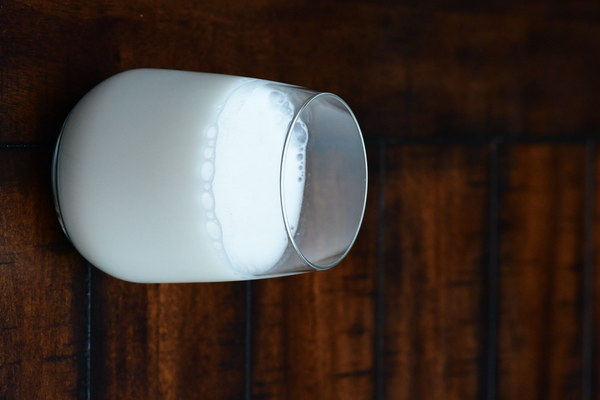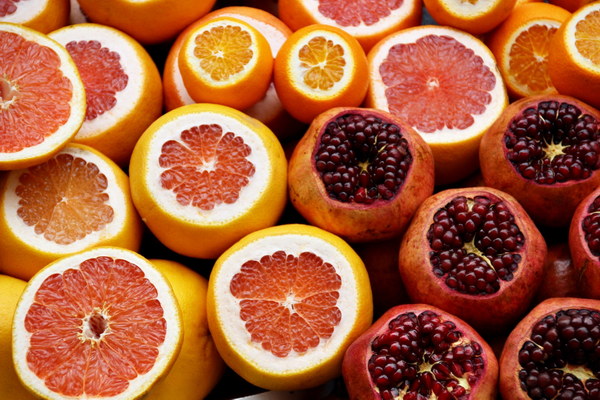Is Rice Noodle Paste a HealthBoosting Wonder or Just Another Fad
In recent years, rice noodle paste has gained immense popularity as a health-boosting ingredient. Known for its unique texture and subtle flavor, this ingredient has found its way into various dishes, from soups to desserts. But is rice noodle paste truly beneficial for our health? Let's delve into the facts and myths surrounding this trendy ingredient.
1. Nutritional Benefits
Rice noodle paste is made from rice flour, which is rich in carbohydrates, vitamins, and minerals. It provides a good source of energy, making it an ideal ingredient for those looking to increase their calorie intake. Moreover, rice noodle paste is gluten-free, making it a suitable option for individuals with gluten intolerance or celiac disease.
1.1 Carbohydrates
As mentioned earlier, rice noodle paste is high in carbohydrates. These carbohydrates are essential for providing energy to our bodies. One cup of rice noodle paste contains approximately 190 calories, making it a filling and satisfying ingredient.
1.2 Vitamins and Minerals
Rice noodle paste also contains a variety of vitamins and minerals. It is a source of vitamin B1, which helps convert carbohydrates into energy and promotes healthy nerve function. Additionally, it contains small amounts of iron, magnesium, and calcium, which are crucial for maintaining overall health.
2. Low in Fat and Cholesterol
One of the primary reasons why rice noodle paste has gained popularity is its low-fat and cholesterol content. Unlike traditional pasta, which is made from wheat flour and can be high in fat and cholesterol, rice noodle paste is a healthier alternative. This makes it an excellent choice for individuals looking to maintain a heart-healthy diet.
3. Suitable for Diabetics
For those with diabetes, rice noodle paste can be a valuable addition to their diet. Since it is low in carbohydrates, it has a lower glycemic index compared to wheat pasta. This means that it will not cause a rapid spike in blood sugar levels, making it a suitable option for individuals with diabetes.
4. Easy to Digest

Rice noodle paste is easy to digest, which makes it an ideal ingredient for individuals with sensitive stomachs or digestive issues. Its gluten-free nature and soft texture contribute to its easy digestibility, making it a comforting ingredient for those who need gentle nutrition.
5. Potential Drawbacks
While rice noodle paste has many health benefits, it is essential to be aware of its potential drawbacks. One of the main concerns is its calorie content. If consumed in large quantities, it can contribute to weight gain. Additionally, some rice noodle pastes may contain added sugar and preservatives, which can negate some of its health benefits.
In conclusion, rice noodle paste is a health-boosting ingredient with numerous benefits. Its low-fat and cholesterol content, gluten-free nature, and easy digestibility make it a suitable option for various dietary needs. However, it is crucial to consume it in moderation and choose high-quality, preservative-free varieties to maximize its health benefits. Whether you are looking for a healthier pasta alternative or simply want to explore new ingredients, rice noodle paste is certainly worth a try.









